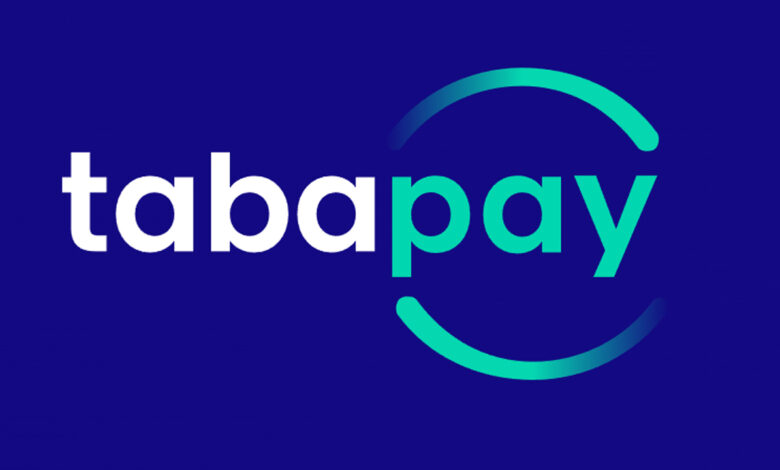TabaPay to Acquire Assets of Bankrupt FinTech Synapse

Instant money movement platform TabaPay is acquiring Synapse’s assets following the latter company’s bankruptcy.
The deal, announced Friday (April 19), will allow TabaPay to offer new financial services for FinTechs and financial institutions, the company said in a news release. TabaPay noted that the two firms had offered complementary financial technology services, with both companies appearing on Deloitte’s 2023 Fast 500.
“The addition of the Synapse features is an acceleration of our TabaPay story, one dedicated to delivering great solutions that help our clients rapidly innovate, save money, and offer great financial products to their customers,” said Rodney Robinson, TabaPay’s co-founder and CEO.
“The Synapse assets are a great and natural fit to our existing services to grow our offerings in tandem with providing continuity to Synapse clients and banks.”
Once the bankruptcy court approves the acquisition, TabaPay says it will debut new solutions that leverage the Synapse assets.
Synapse, a Baking-as-a-Service startup, had laid off about 40% of its workforce in October of last year after an earlier round of layoffs in June that impacted 18% of its staff.
CEO Sankaet Pathak wrote in a blog post at the time that — despite the company reaching profitability — “the current macroeconomic conditions have begun to impact our clients and platforms, affecting our anticipated growth.”
Writing last week, Pathak said that the deal with TabaPay will place Synapse’s customers in “a thriving ecosystem of 15 bank partners, 16 network connections, 2,500+ existing clients, and domain expertise of the collective team.”
The acquisition comes when instant payment adoption remains a hurdle for many small to medium-sized businesses (SMBs), as PYMNTS wrote last week.
Nonrecurring or ad hoc payments are a significant part of the monthly revenues for these businesses, with SMBs streamlining the accounts receivable (AR) process with the help of instant payment methods.
“Instant payments, which provide quick access to the funds essential to running businesses, are especially helpful to the smallest or micro SMBs relying primarily on ad hoc receipts,” that report said, adding that the “cost of receiving these payments instantly remains a deterrent to businesses that could benefit from them the most.”
Research from “How Instant Ad Hoc Payment Costs Impact Small SMBs,” a PYMNTS Intelligence and Ingo Payments collaboration, found that while these payments make up most SMBs’ AR volumes, SMBs choose instant for 39% of all ad hoc payments received.
“The smallest SMBs — those annually generating less than $100,000 in revenue — have decreased instant payment use since September 2023,” PYMNTS wrote. “This is most likely due to cost. Small SMBs that use instant methods report that they pay the highest fees.”



